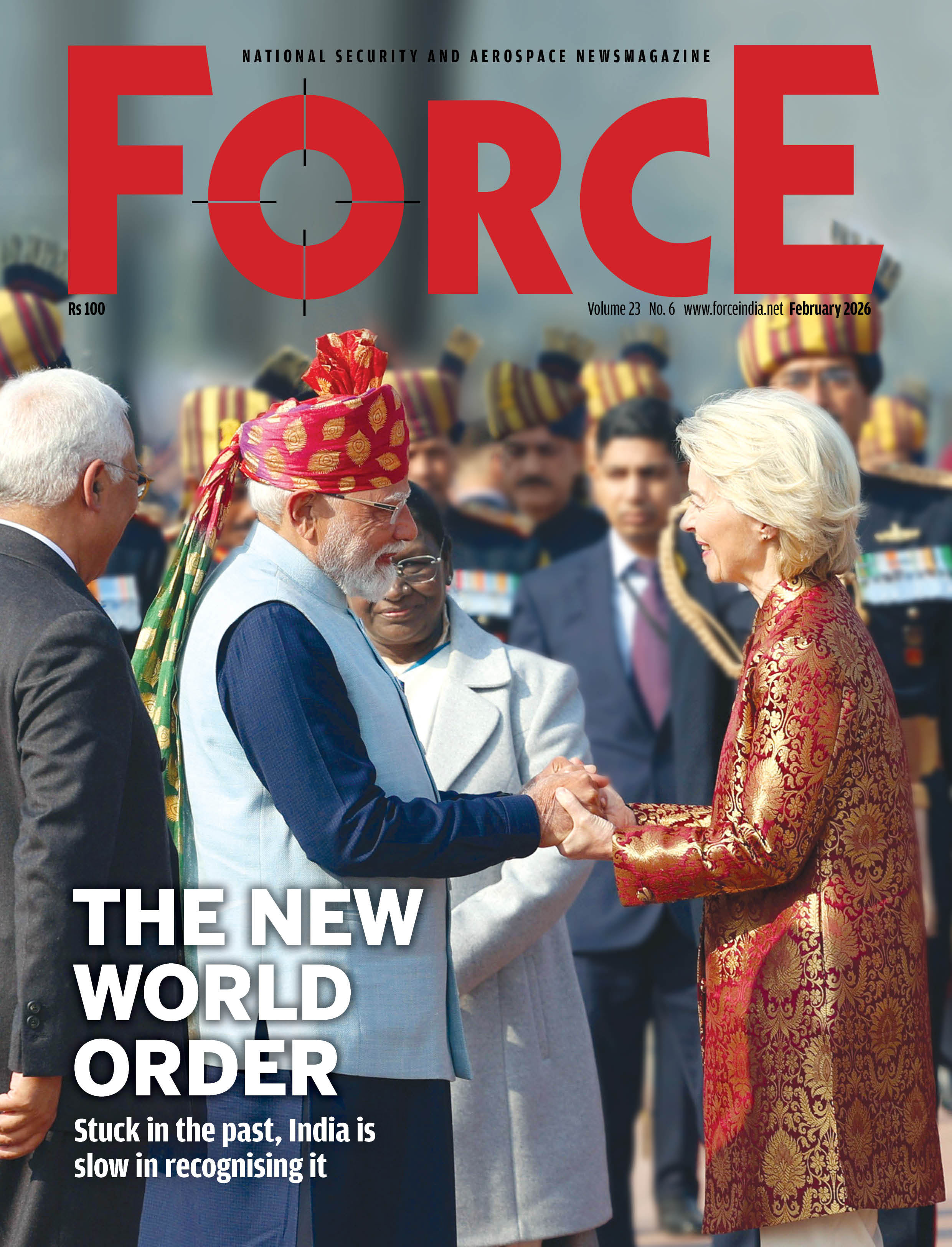Money Over Matter | Cost Consciousness
 Maj. Gen. Mrinal Suman (retd)
Maj. Gen. Mrinal Suman (retd)
Every nation evolves well-considered National Strategic Objectives (NSO). These are based on a nation’s aspirations as regards its envisioned place in the comity of nations in short, medium and long terms. All its planning and initiatives (foreign policy, economic reforms and military strength) are directed towards the achievement of these objectives.
However, due to constantly evolving geo-strategic environment, discernment of probable threats with any degree of certainty poses a formidable challenge to the defence planners. Resultantly, there is a tendency amongst the defence planners to play safe. They tend to be extra-cautious by overplaying the threats in all possible contingencies.
Although foreign policies and economic strength are of immense importance, pre-eminence of a nation has always been a function of its credible military prowess. A militarily weak nation counts for little on the world stage. In other words, the achievement of NSO is possible only if the nation possesses enough muscle to project its military strength. And for that, adequate resources have to be made available to the armed forces.
Undoubtedly, national defence is a costly proposition. All governments are hard pressed to make available the needed resources to the armed forces to enable them to fulfil their responsibility. Defence and economic development have a mutually antagonistic relationship as both vie for the same pie. Defence always draws resources away from economic growth. That is the reason that militaries in all countries are increasingly having to contend with mounting public demand for reduction in defence outlays.
Further, increasing public scrutiny raises questions about justification for major military expenditure. Defence equipment, especially high-tech, are priced exorbitantly. Unconventional conflicts and internal security concerns necessitate entirely different inventory. Manpower overheads are rising. Worse, as defence budgets have failed to keep pace with inflationary trends, defence allocations have been falling in real terms.
As can be seen, it is a dilemma that all countries face, i.e. how to achieve NSO with limited resources that a nation can afford to spare for the armed forces. Two obvious options available are either to dilute NSO or to provide matching resources. Both are not pragmatic. Dilution of NSO implies compromising national security imperatives, a highly undesirable course of action that can prove perilous for the nation’s survival. On the other hand, provision of addition resources to the armed forces would mean curtailment of resources for economic development and public welfare. It is an equally undesirable alternative as public welfare lies at the heart of every nation’s core aspirations.
1
While t
Subscribe To Force
Fuel Fearless Journalism with Your Yearly Subscription
SUBSCRIBE NOW
We don’t tell you how to do your job…
But we put the environment in which you do your job in perspective, so that when you step out you do so with the complete picture.








 VIDEO
VIDEO